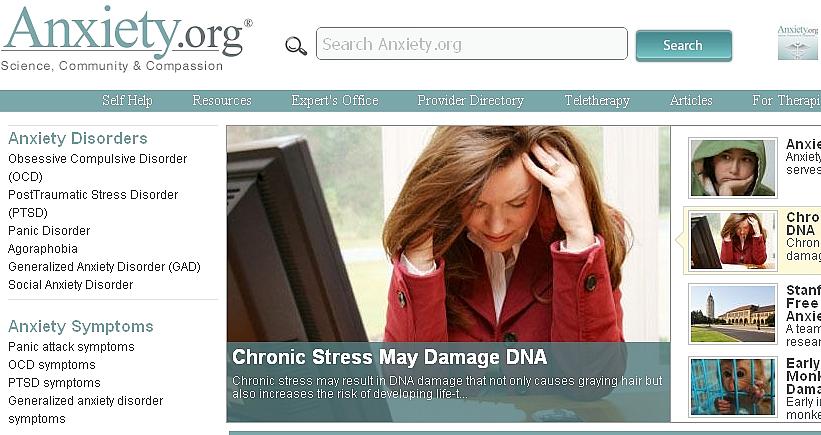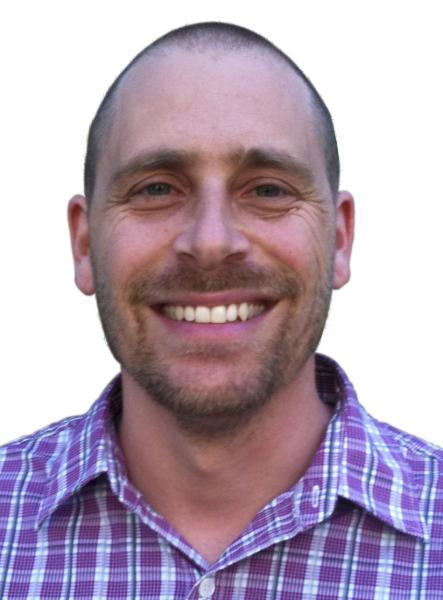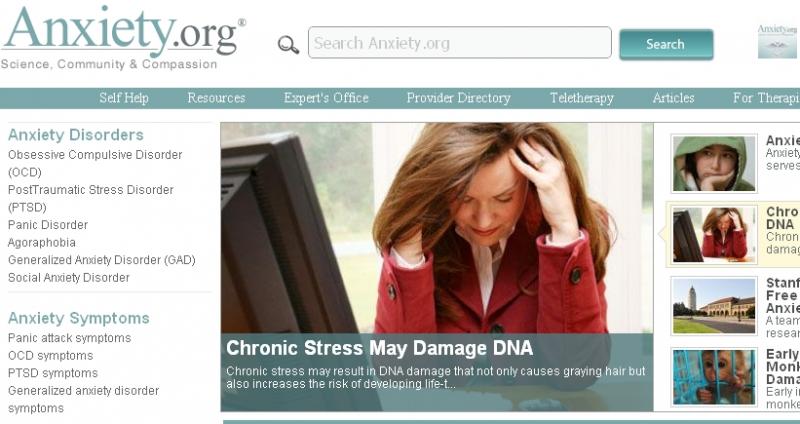Should Doctors be the New Curators of Medical Information?

Medical doctors and journalists, it turns out, have a lot in common. Both professions have seen big changes in their industries at the hands of the Internet.
While studying for his medical and business degrees, Dr. Jason Schiffman became interested in how the Internet was changing health care. Information from journals and textbooks, once restricted to health care professionals and researchers, is now readily available to patients. So Schiffman saw a new role for doctors -- much like journalists are beginning to see new roles for themselves -- as organizers and filterers of information. Connecting with the public, in his view, is an integral part of what it means to be a health care provider.
"I feel that doctors have a responsibility to help patients filter and organize information," he says.
 Schiffman (left) has an MD/MBA from the University of Southern California and is in his fourth and last year as chief resident at UCLA's Anxiety Disorders Program. But he is also the founding president of Health Care Brands, which he helped start in 2008 and is officially its own company this year, and editor-in-chief of Anxiety.org, a website that features news and information about anxiety disorders as well as teletherapy and treatment options. He has also written for the Huffington Post and Psychology Today.
Schiffman (left) has an MD/MBA from the University of Southern California and is in his fourth and last year as chief resident at UCLA's Anxiety Disorders Program. But he is also the founding president of Health Care Brands, which he helped start in 2008 and is officially its own company this year, and editor-in-chief of Anxiety.org, a website that features news and information about anxiety disorders as well as teletherapy and treatment options. He has also written for the Huffington Post and Psychology Today.
He gives an example of why he is enthusiastic about providing health information online from his field of physchiatry. Virtually every medication has many reported side effects which are written about across the web. But how much should patients worry about one side effect over another? While these questions might cause confusion -- and cause some patients to stop taking their medications -- the good of having an abundance of information outweighs the bad, in Schiffman's view. Having information puts power back in the hands of patient and forces doctors to have conversations about the risks and benefits of treatments.
"At the end of the day, the patient should have autonomy in their medical care," Schiffman says. "My opinion is that the net effect for society is that this is a good thing."
Health Care Brands is a subsidiary of the privately owned Consumer Brands, a company that takes inherently popular domain names (such as Anxiety.org or CableTV.com) and turns them into profitable Internet properties. Considering that patients now turn to the Internet for medical information, and use search to do it, health domains with popular keywords have the potential to be extremely profitable. "In this new environment," the Health Care Brands website says, "capturing consumers who are searching for medical information and converting them into sales is an essential part of any campaign within the healthcare space."
 Providing consumer health news, even if it is evidence-based, and also selling health care services can be tricky. But "there's always an ethical issue in medicine," says Schiffman. Those ethical questions arise as soon as a doctor takes money for providing services. "I'm always very careful to emphasize the fact that something doesn't become a disorder until it results in significant distress or impacts functioning," Schiffman explains. "That said, there's a much greater issue with people who need care and don't get treatment."
Providing consumer health news, even if it is evidence-based, and also selling health care services can be tricky. But "there's always an ethical issue in medicine," says Schiffman. Those ethical questions arise as soon as a doctor takes money for providing services. "I'm always very careful to emphasize the fact that something doesn't become a disorder until it results in significant distress or impacts functioning," Schiffman explains. "That said, there's a much greater issue with people who need care and don't get treatment."
Schiffman also has to make decisions about how best to create a profitable company while providing quality information. Health Care Brands websites, not including Anxiety.org, have in the past run banner advertisements from the pharmaceutical company Allergan, for example, which Schiffman feels did not compromise the goals of the site.
Ethical and legal questions are still a big part of online health care and information, but for Schiffman, the benefits outweigh the risks. That he can reach people in greater numbers and help patients who might have otherwise gone untreated is a boon for psychiatry.
"One of the gifts of being a doctor is that it opens doors for you," he says.
Indeed, he is trying to open more doors. Health Care Brands plans to develop Internet properties around addiction and dementia. The company, he says, is planning a large expansion and is close to being funded by a venture capital firm. He will be looking for meticulous health care writers. Anyone interested can contact Schiffman directly at jschiffman@anxiety.org.
Read more about physicians in media:
Online health information---a manifesto?
Health 2.0: What's The Next Generation of Online Health Communities

